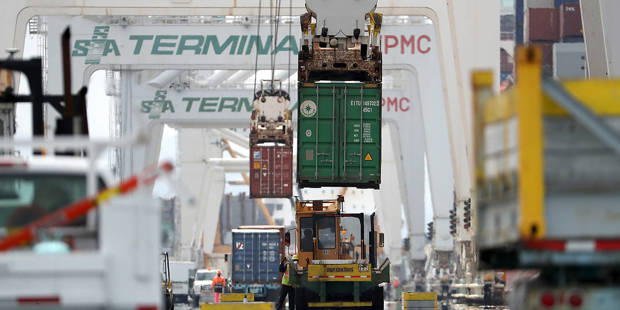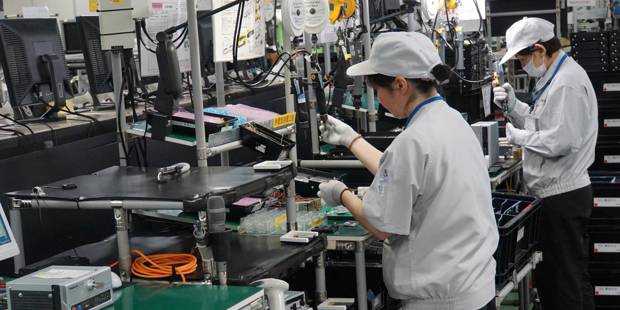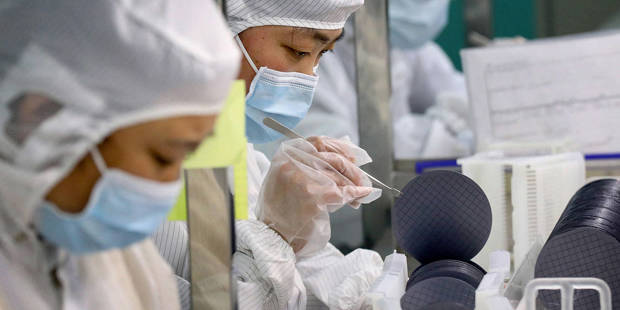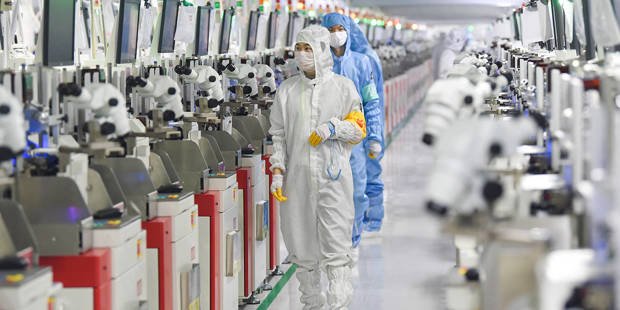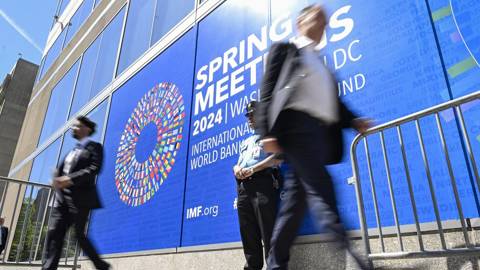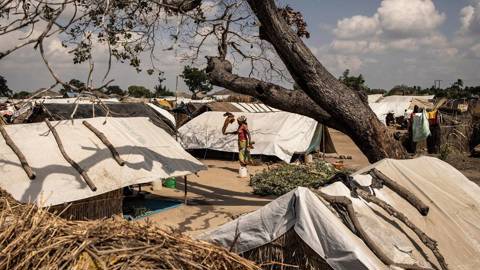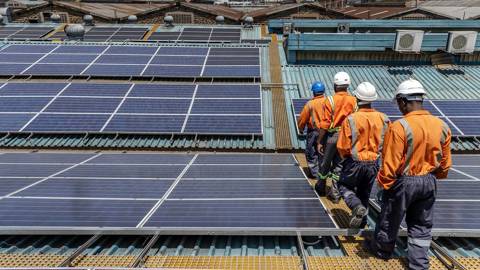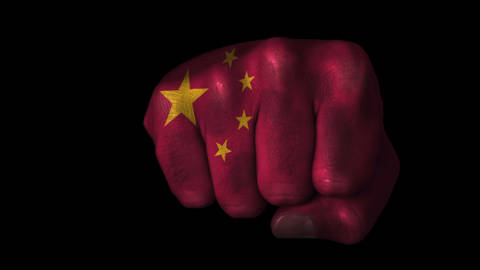Renewing Europe
This contribution by the President of France is what Europe needs. Finally a leader who does not say that Europe is responsible for what goes wrong and that national politics can take credit for every success. On this basis we should now start a debate on the detailed proposals. The main danger will be to avoid the slippery slope from a 'Europe that protects' to a European protectionism. The European economy will be stronger if its subject to vigorous global competition, even if that competition might at times appear unfair to some.
